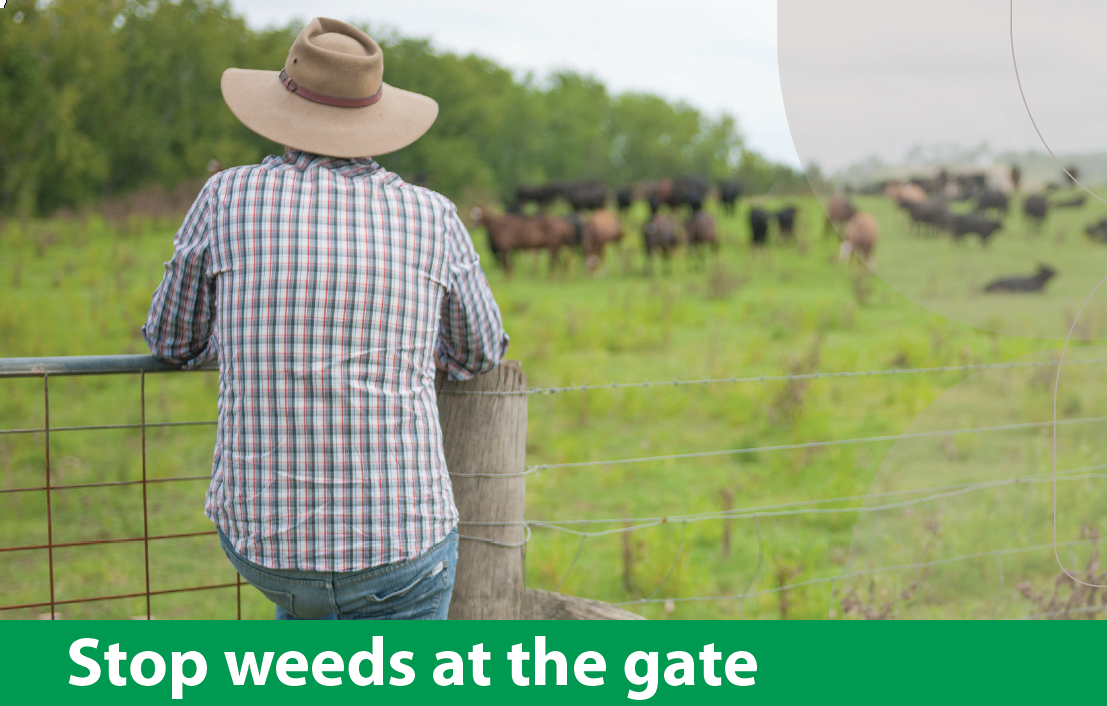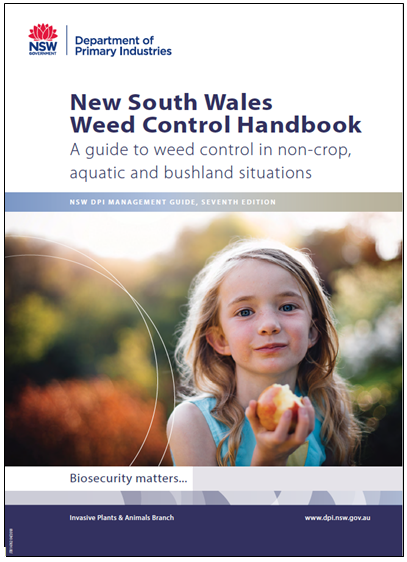Hunter Regional Weeds in association with Hunter Local Land Services through the Hunter Regional Weeds Committee has launched an awareness campaign focusing preventing the spread of weeds.
This campaign has developed several resources to assist and advised landholders and managers, farm contractors and machinery operators on best practice measures to prevent weed spread. These resources can be located here.
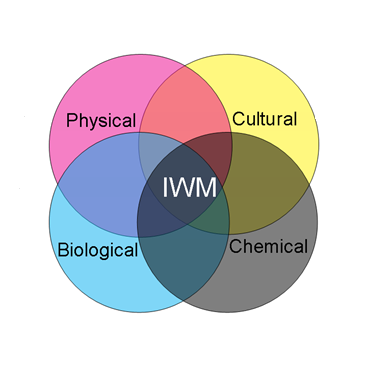
Integrated weed management (IWM) is the control of weeds through a long-term management approach, using several weed management techniques such as:
- Physical control
- Chemical control
- Biological control
- Cultural control
Contact your local council Weed Officer who can assist you in developing an integrated weed management program for your property
Below is a guide to the best time to control some of the invasive plants found in the Hunter. Due to variation in climatic conditions such as rainfall and temperture, the optimum time to control noxious plants may vary between Hunter Council areas. Futher advice on control can be obtained by contacting your local council Weed Officer.
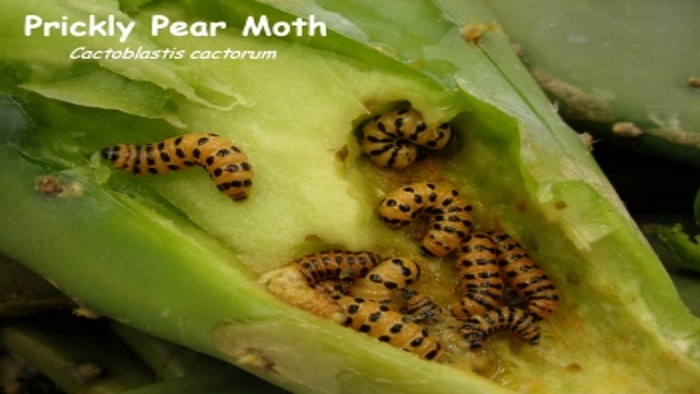
Plants that have become weeds in Australia are rarely invasive and troublesome in their native environment.
This is because native plant populations are naturally regulated by a variety of natural enemies such as insects and pathogens (disease-causing organisms like fungi and bacteria) that attack the seeds, leaves, stems and roots of a plant.
Good land management can play a major role in reducing the incidence and impact of weeds on a property. The initial increase in cost of better management will be compensated for by the reduced amount of weed control required.
Management strategies such as maintenance of pastures or desirable ground covers, reducing disturbances and tillage, management of nutrient run-offs, grazing management, early weed identification and good weed hygiene can all reduce weed problems.
This article details the Pastoral improvement methods available
Although the use of herbicides is not always essential, herbicides can be an important and effective component of any weed control program. In some situations herbicides offer the best or sometimes only practical, cost-effective and selective method of managing certain weeds.
Because herbicides reduce the need for cultivation, they can prevent soil erosion and water loss, and are widely used in conservation farming.
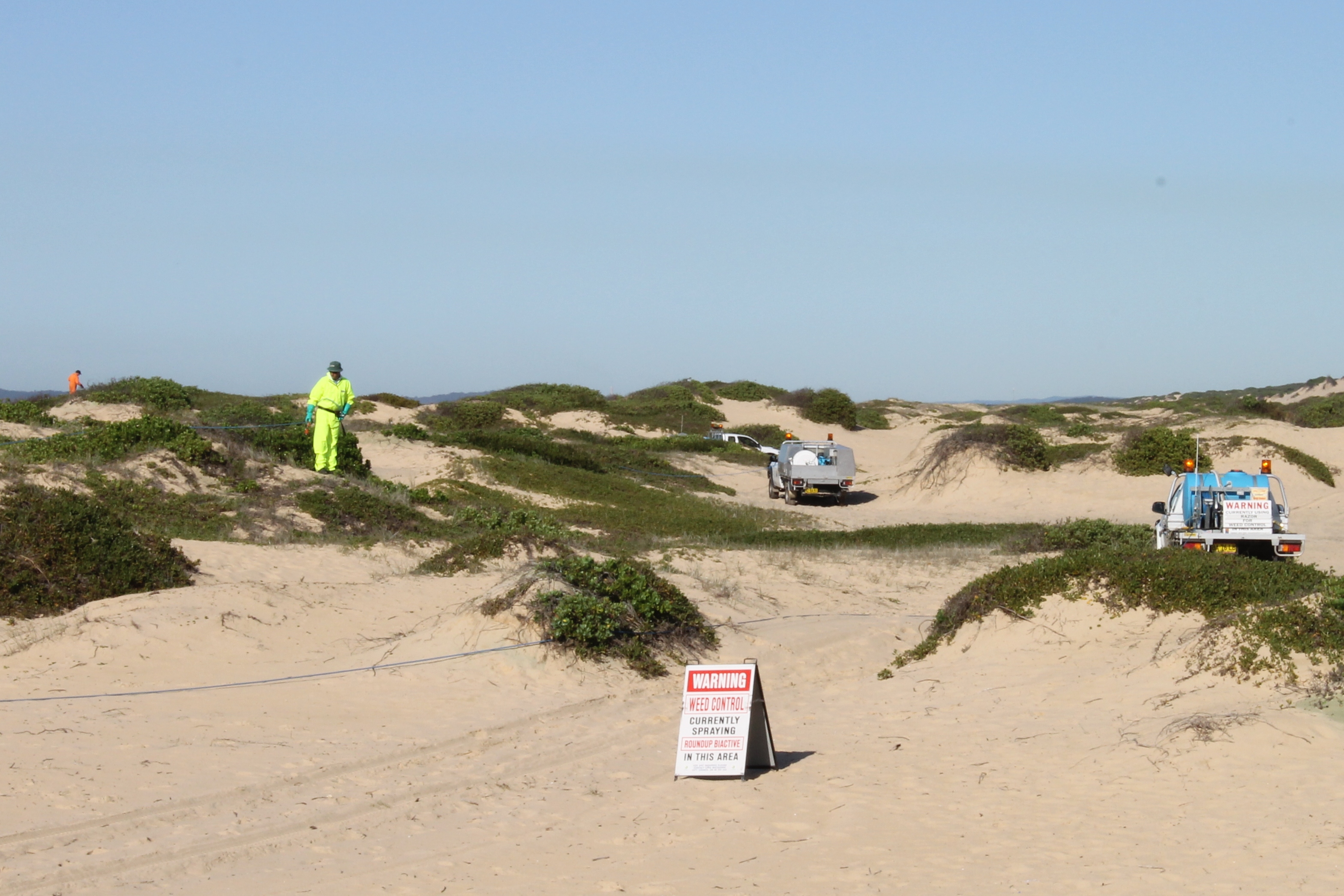
Physical or mechanical methods of weed control may determine includes cultivation,slashing, mowing, mulching, fire, steam, animal intervention, hand pulling and may even include reforestation.
This article details Physical/Mechanical methods of weed control

